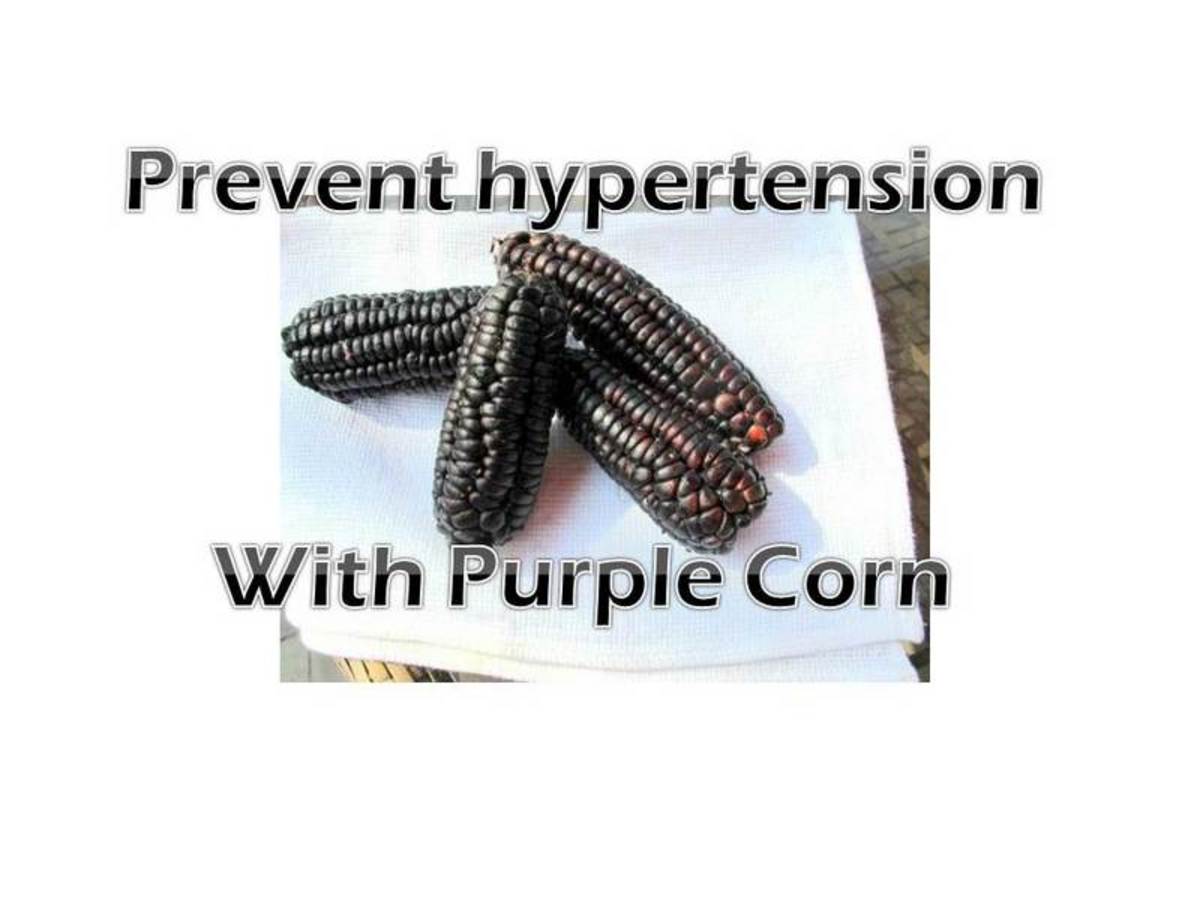What is High Fructose Corn Syrup?

Introduction
High fructose corn syrup is an ingredient that is found in seemingly everything sweet that we buy. Sodas, sports drinks, energy drinks, candy, cookies, and even many fruit products contain some amount of high fructose corn syrup. High fructose corn syrup or (HCFS) has, because of its use and importance to the food industry, has garnered a lot of attention from both the producers and consumers of this product. Once an outsider in the realm of sweeteners, corn subsidies made the incorporation of HFCS into us food products incredibly cost effective and thus from the late 1970's onward the product has grown into a staple of the food industry.

How High Fructose Corn Syrup is Made
High fructose corn syrup is produced by the following process;
- Corn is milled to produce corn starch by a production facility
- The cornstarch is then treated with the enzyme alpha-amylase and water to produce shorter chain sugars known as oligosaccharides.
- Then glucoamylase which is actually produced by a species of mold (aspergillus) breaks the sugars down into the simple sugar glucose..
- Then xylose isomeraize (or glucose isomerase) is added and some of the glucose in the corn syrup is converted to fructose. The final result yields a mixture of roughly 42% fructose and 50–52% glucose with some other sugars mixed in. The result is HFCS which is a light sweet syrup in its final stage.
There are several reasons that HFCS is used by food manufacturers. As previously mentioned, due to corn subsidies in the United States it is cheaper to use in industrail processed food than standard table sugar. On average it takes about 2,300 tons of corn starch to make a ton of high fructose corn syrup, and the average American consumed nearly 38 pounds of HFCS in 2008. So the size of the market and production is huge and therefore the amount money saved by using hte product is immense as well. It is also sweeter than standard corn syrup and thus less is needed to sweeten products. HFCS is also a liquid which makes it easy to mix into drinks and food products and makes it easy to transport and transfer in food production facilities. This makes many companies are using HFCS as an additive to foods that would not have been sweetened normally in the past, such as ketchup's, mayonnaise and fruit juices.

What are The Issues Associated With HFCS
There are numerous issues associated with HCFS. The primary issue is that HCFS leads to obesity and increases the risk of health related effects. It has been suggested (strongly) that since fructose molecules cause less of a rise in insulin and are more readily converted to fat instead of being metabolized like glucose, this make one more susceptible to gaining fat. Other issues are that fructose molecules are metabolized differently that simple glucose molecules, through modification by the intestines and liver. However, much of the fructose is essentially converted to glucose for the body's use.
Other direct issues are that HCFS has been shown to contain heavy metals from batch contamination, although the findings have been hotly disputed. HCFS also can elevate uric acid levels in the blood which may negatively effect those with issues such as gout.
Like any sweetener or sugar overconsumption will have negative effects. The use of HCFS in soda and sweet food products and the alarming rise of obesity and its negative heath effects has led to incredibly in depth investigation by many groups as to what its true effects are. We know that the over consumption of this product like any will create issues with diabetes and obesity. However, being that the product is used extensively in food production and that it is is subsidized by the government leads to the speculation that it may be simply forced upon us despite and negative impacts. The source of information and its funding, such as studies funded by associations that represent corn growers, or those by nutritional advocates make the science on either side of the issue a bit blurry.
Despite numerous studies, there is still a lot of uncertainty surrounding HCFS. Some studies claim it to have a negative effects on our health while others find it to have no more impact to health than standard sweeteners. However the truth remains that the actual use of HCFS is significantly impacted by the subsidies that have been placed upon corn production. Such production is also conducive to monoculture production of corn and lends to the negative impacts that this creates as well.
With the inclusion of HFCS into many of our daily foods that we would not expect, the consumption of a product that will lead to obesity can be easily increased unless one pays attention to the ingredients on a product. The increased use of the product in foods that we eat makes avoiding over consumption a more difficult task and could attribute in some way to the rising obesity rates in the United States.
As a consume, it is best to put effort into your food purchase and try to understand what you are putting into your body. As far as HFCS websites that validate the product are also those funded the associations that benefit from its production. Currently the divide paints HFCS in two opposite lights, one as a do all, all natural corn sweetener or as an artificial sweetener that has significant negative impacts. While the truth probably rests somewhere in the middle, it is obvious that over consumption is to be avoided. What constitutes over consumption is an issue that must be personally decided for any of us, so it is best to take a careful look at where HFCS is being used in your food.





